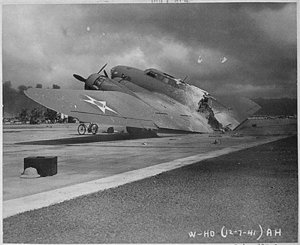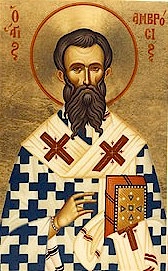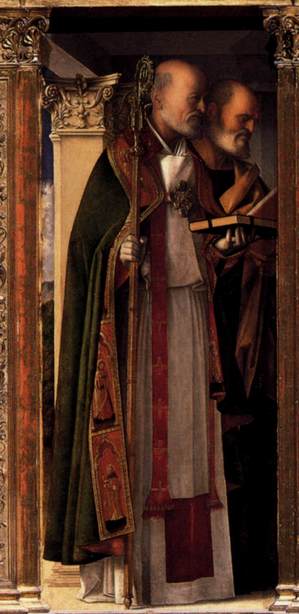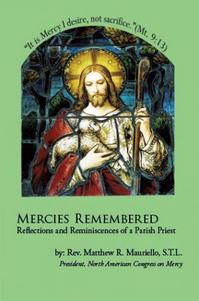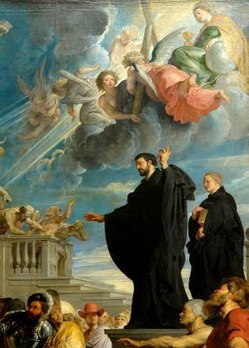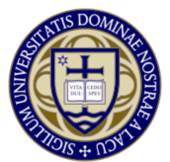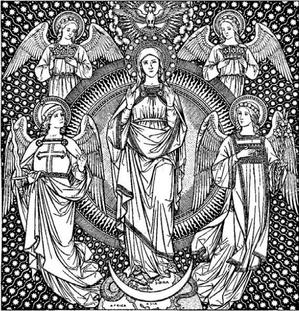 The dogma of Mary’s Immaculate Conception was given to us by Pope Pius IX and proclaimed in the document, Ineffabilis Deus (1854), solemnly defining a clear and consistent teaching of the Church since 33 AD.
The dogma of Mary’s Immaculate Conception was given to us by Pope Pius IX and proclaimed in the document, Ineffabilis Deus (1854), solemnly defining a clear and consistent teaching of the Church since 33 AD.
If you ask the question: What can you tell me about Mary as Patroness of America? Boston’s Archbishop (later Cardinal) Richard Cushing wrote an answer.
Famously, the 23 US bishops in 1846 (note: nearly a decade before the dogma’s definition) wrote to the Pope asking for Mary under the title of the Immaculate Conception to be bestowed on the country’s young Church. The bishops wrote:
We take this occasion, brethren, to communicate to you the determination, unanimously adopted by us, to place ourselves and all entrusted to our charge throughout the United States, under the special patronage of the holy Mother of God, whose Immaculate Conception is venerated by the piety of the faithful throughout the Catholic Church.
By the aid of her prayers, we entertain the confident hope that we will be strengthened to perform the arduous duties of our ministry, and that you will be enabled to practice the sublime virtues, of which her life presents the most perfect example.
Pastoral Letter of the Bishops of the United States
Sixth Provincial Council, Baltimore, 5 May 1846
